Galveston, TX Drug & Alcohol Treatment Centers
Looking for help with addiction in Galveston, TX?
Insurance
Treatment Programs
Looking for help with addiction in Galveston, TX?
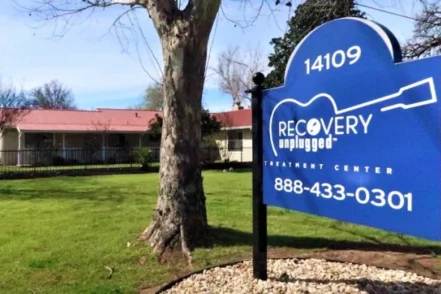
14109 Fm 969 Austin, Texas 78724
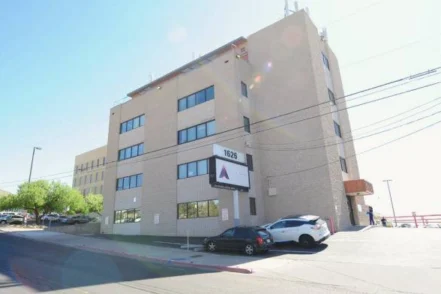
1626 Medical Center Street El Paso, Texas 79902
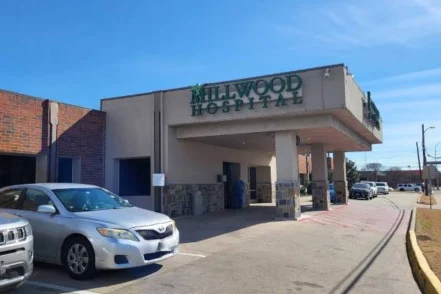
1011 North Cooper Street Arlington, Texas 76011
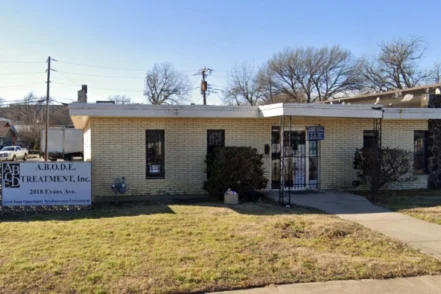
2018 Evans Avenue Fort Worth, Texas 76104
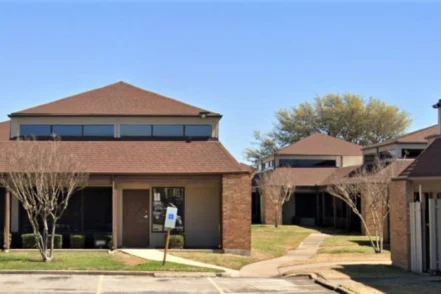
214 Billings Street, Suite 240 Arlington, Texas 76010

7510 Fm 1886 Azle, Texas 76020

4800 Memorial Drive Waco, Texas 76711

2301 Avenue J Arlington, Texas 76006

6960 Dick Price Road Mansfield, Texas 76063
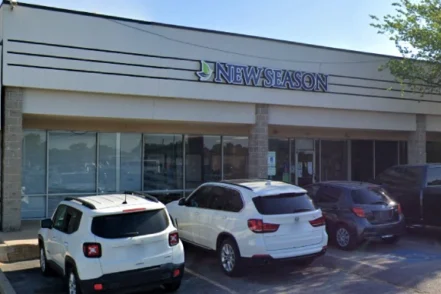
123 East Colorado Blvd Dallas, Texas 75203

1651 Rock Prairie Road, Suite 101 College Station, Texas 77845
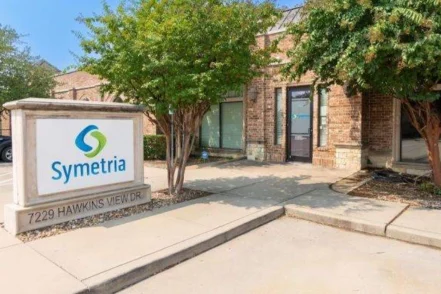
7229 Hawkins View Drive Fort Worth, Texas 76132
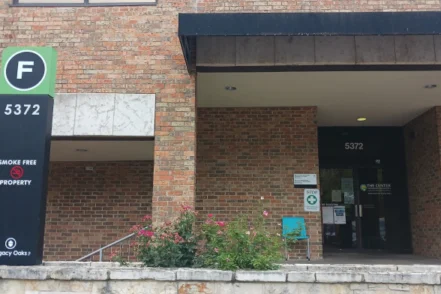
5372 Fredericksburg Road, Building F San Antonio, Texas 78229

7400 Blanco Road, Suite 129 San Antonio, Texas 78216

1900 Wyoming Avenue El Paso, Texas 79903